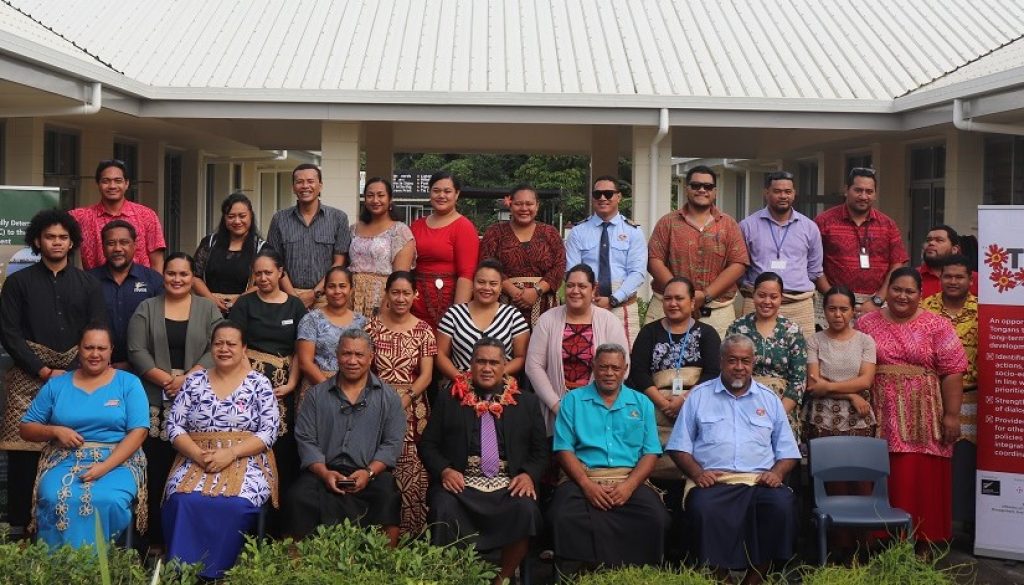Second National Workshop for the development of Tonga’s Long-term Low Emissions Development Strategy
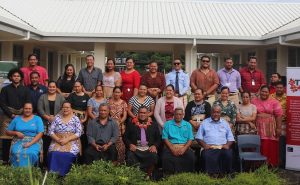
12th February, 2021 The Department of Climate Change hosted the second National Stakeholder Workshop for the development of Tonga’s Low Emissions Development Strategy 2021 – 2050 (LEDS) at the LDS Nuku’alofa Tonga Stake Centre in Nuku’alofa on 11th and 12th February 2021. The workshop was a collaboration between the Department of Climate Change on behalf of the Government of Tonga and international partners Global Green Growth Institute (GGGI), Climate Works Australia (CWA) and Relative Creative.
This workshop titled Window 2: Mapping Pathway Together, is the second of four national workshops for the development of Tonga’s LEDS, which is currently aimed to be submitted to the United Nations Framework Convention on Climate Change (UNFCCC) and launched at the 26th Conference of the Parties to the UNFCCC (COP) in Glasgow, November 2021.
This second national workshop focused on iterating the shared visions from the first National Workshop that was held in October 2020, for a desirable low-emissions future for Tonga, and extending them by exploring pathway options to get to those future visions. The national Stakeholders Workshop Window 3 later this year will focus on converging on and articulating a shared vision, and outlining the near-term steps needed to move along that path toward the vision.
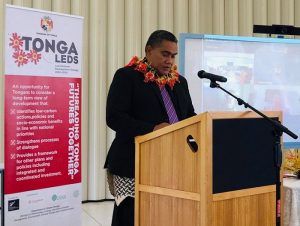
The CEO for MEIDECC, Mr.Paula Pouvalu Ma’u officially opened the workshop and acknowledged the participation of stakeholders from government line ministries and departments, private sectors, non-government organizations (NGOs) and youth groups, at the workshop. Mr Ma’u stated that ‘although LEDS are optional for Parties to the Paris Agreement, Tonga intends to demonstrate leadership in climate action by developing a LEDS.’
Tonga’s LEDS will outline how Tonga will pursue its social, economic and environmental agenda, while phasing out greenhouse gas emissions between now and 2050. In other words, the LEDS will also consider development through the lens of not only low-emissions, but also poverty alleviation, resilience and adaptation to climate change, well-being, economic development that will be identified during the LEDS dialogue processes.
In both workshop days, the participants were placed into five sectors; Transport, Agriculture, Energy, Waste and Urban (human settlement). Day 1 of the workshop focused on mapping possible pathways towards a vision for Tonga and Day 2 focused on mapping possible actions at different scales of Tongan society to achieve those visions from Day 1.
Tonga’s LEDS not only reaffirms Tonga’s commitments to the Paris Agreement which Tonga ratified on 21st September 2016, but it will also complement the Government of Tonga’s adaptation and mitigation efforts as articulated in Tonga’s Climate Change Policy, Tonga’s Joint National Action Plan on Climate Change and Disaster Risk Management and Tonga’s Second Nationally Determined Contribution to the Paris Agreement.
The development of Tonga’s LEDS is generously funded by New Zealand’s Ministry of Foreign Affairs and Trade (MFAT).
Attached: Photos
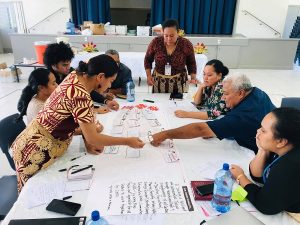
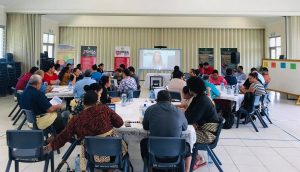
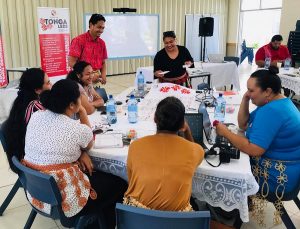
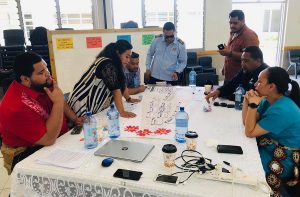
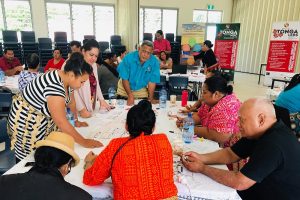
ENDS
Issued by the: Department of Climate Change (MEIDECC)

